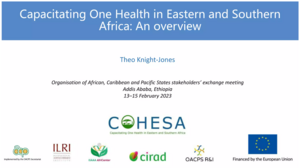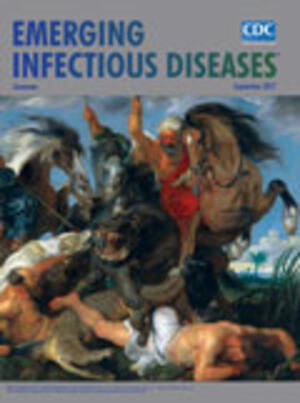
Africa’s nomadic pastoralists and their animals are an invisible frontier in pandemic surveillance
Abstract
The effects of COVID-19 have gone undocumented in nomadic pastoralist communities across Africa, which are largely invisible to health surveillance systems despite the fact that they are of key significance in the setting of emerging infectious disease. We expose these landscapes as a “blind spot” in global health surveillance, elaborate on the ways in which current health surveillance infrastructure is ill-equipped to capture pastoralist populations and the animals with which they coexist, and highlight the consequential risks of inadequate surveillance among pastoralists and their livestock to global health. As a platform for further dialogue, we present concrete solutions to address this gap.
Citation
Hassell, J.M., Zimmerman, D., Fèvre, E.M., Zinsstag, J., Bukachi, S., Barry, M., Muturi, M., Bett, B., Jensen, N., Ali, S., Maples, S., Rushton, J., Tschopp, R., Madaine, Y.O., Abtidon, R.A. and Wild, H. 2020. Africa’s nomadic pastoralists and their animals are an invisible frontier in pandemic surveillance. American Journal of Tropical Medicine and Hygiene 103(5): 1777–1779.










